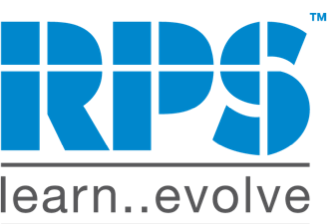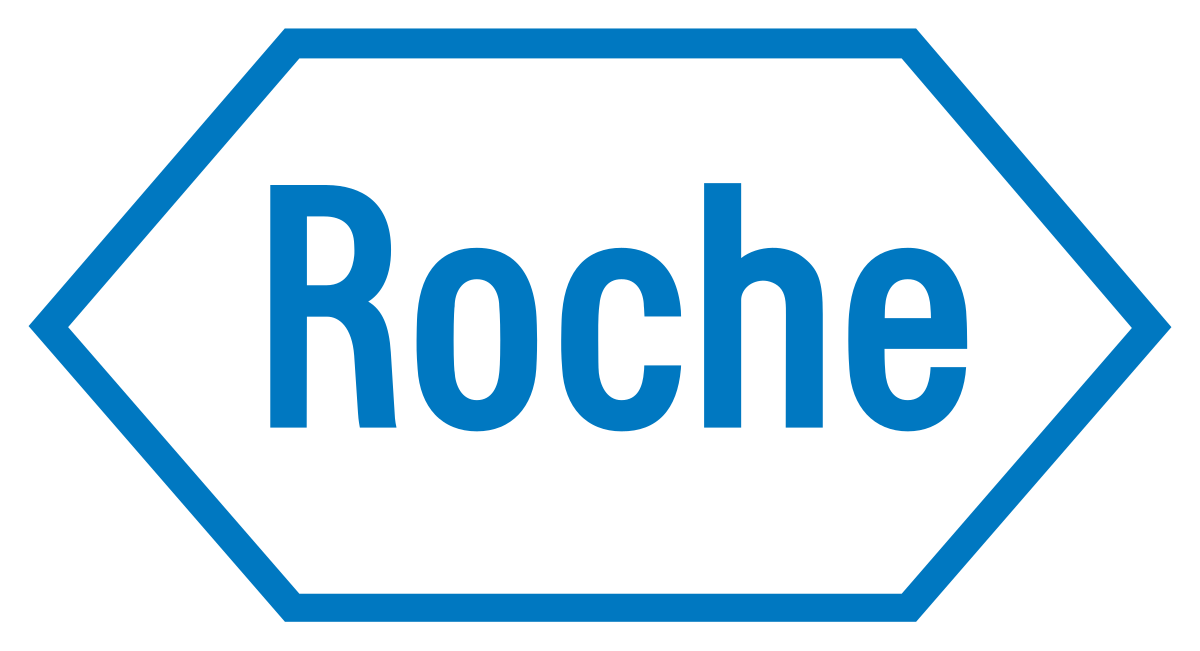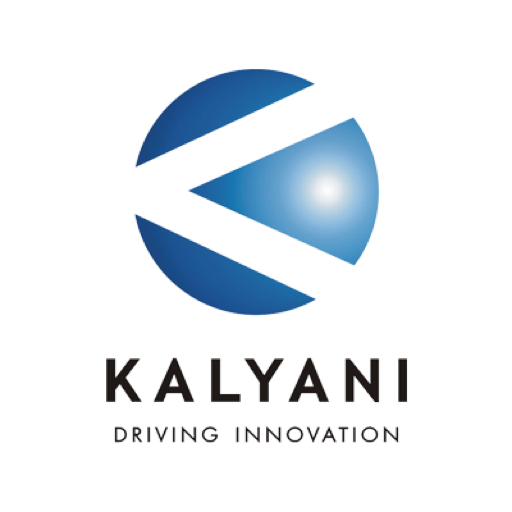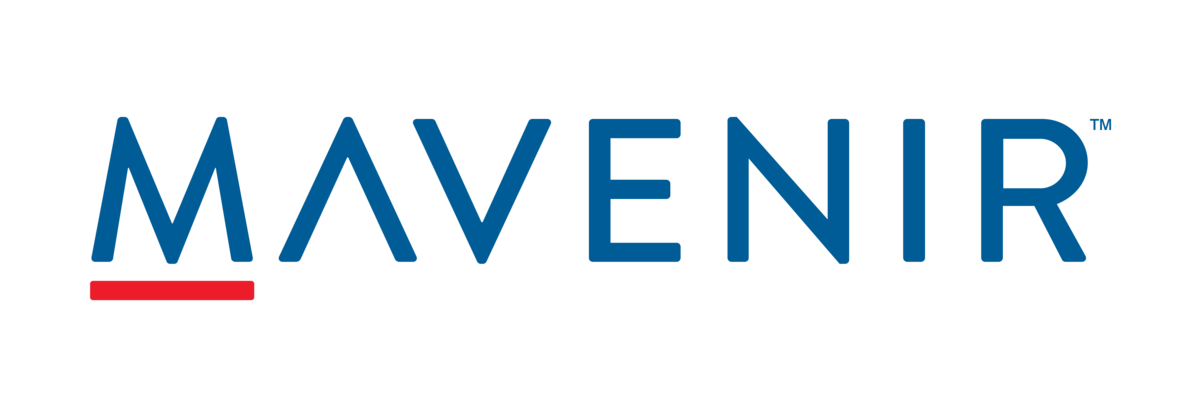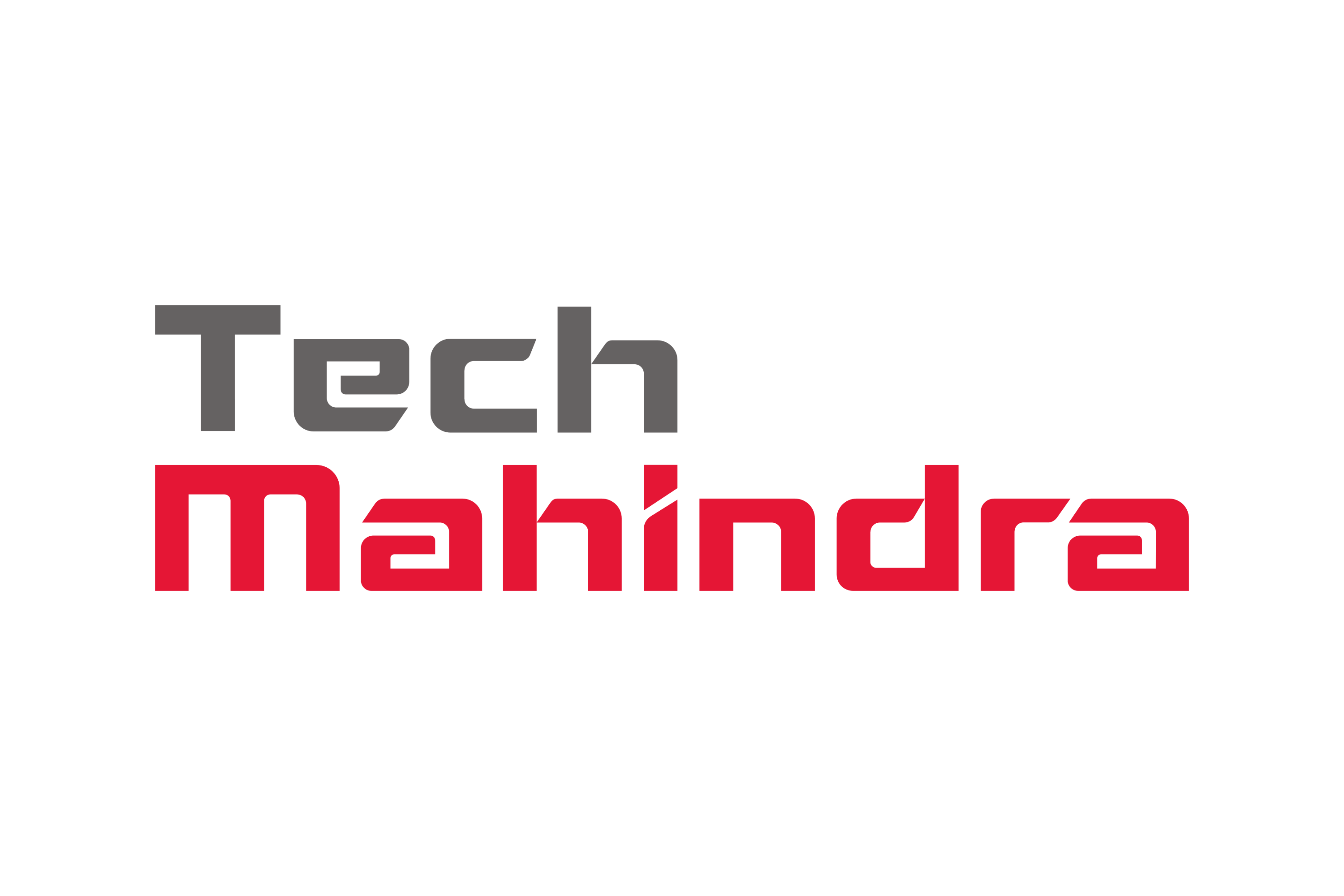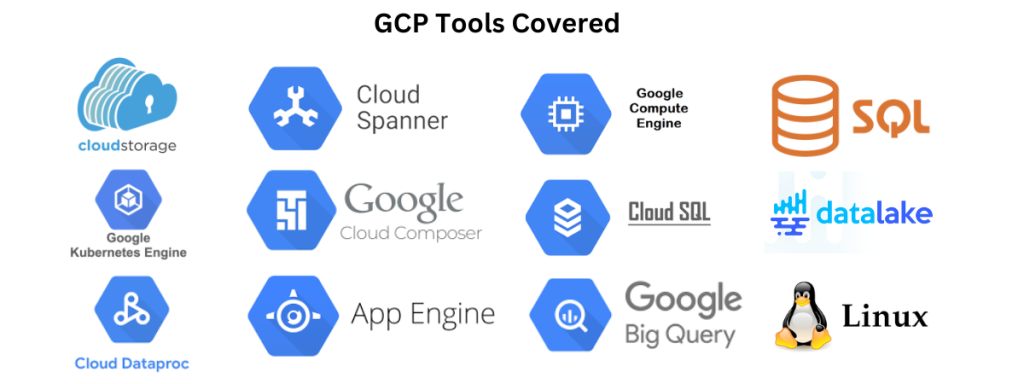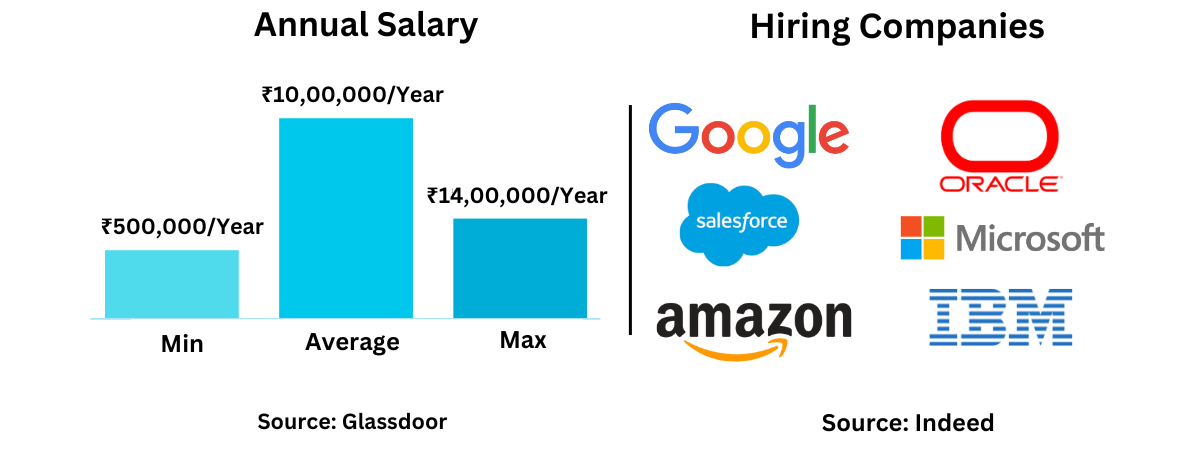Data Science Training in Bangalore
We’re leading Data Science training institute in Bangalore, offering advanced data science course to all our students who are hunger to explore the technology under Certified Industry Experts.
Are you the one who is hunting for the best data science training institutes in Bangalore?
Or
The one who is locally searching for a training institute?
Don’t just hunt for the best training place hunt for the Data Science training institute in Bangalore who can share advanced concepts of Data Science , Certification , skills, Online Training & 100% placement assistance.
Best Data Science training institute in Bangalore
Our Data Science Training Institute in Bangalore provides flexible learning options, allowing students and technology enthusiasts to enroll in training without worrying about scheduling constraints. We have designed our Data Science training course in Bangalore based on current industry standards and emerging trends. Our program bridges the gap between industry requirements and student skills, ensuring learners are well-equipped with the latest knowledge and practical expertise to tackle real-world challenges with confidence.
Then what are you waiting for? Enroll now for our Data science course in Bangalore and get the training under 20+ Years experienced Certified Professionals? So you can Access our data science training institute easily to the Prwatech Nearest Hub. Thus we help Enthusiasts to Learn Advanced Concepts in Tableau, R-Programming, Python, SAS with our Industry certified professionals as a part of our data science training institute in Bangalore.
Why Choose Prwatech for Data Science Courses in Bangalore?
Anyone can easily dream to become the certified pro Data Scientist but only desired & Passionate candidates can achieve the dreams. Are you also dreaming to become a Certified Professional? Then Step into Our Data Science certification courses in Bangalore, We make your dreams come true with our Advanced-Data scientist Certification Programs.
Therefore this technology is said to be one of the trending technology in the current IT market which is creating huge Buzz and Massive Job opportunities. To begin with, we understand the Industry requirements of the Data Science Training in Bangalore and we stand out among other competitors with our advanced-Data scientist certification course.
So then it is necessary to learn the course under Experienced Professionals of Data science is more than ever in the present business scenario. The need to fill the void for an able data scientist is necessary ever than before. Gone are the days of brick and mortar business. The present business needs to have powerful tools to meet global competition. Unknown challenges, unexpected changes in political and economic status in the global market need to be met suitably by effective business strategies.
Likewise choosing data science online courses for the following reasons explained below for the benefit of those who wish to take up this courses. Connect with consumers effectively, knowing them directly help to develop higher-end products that are beneficial both the ways.
Contact Us +91 8147111254
